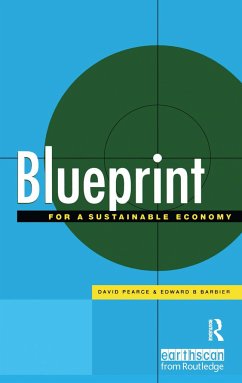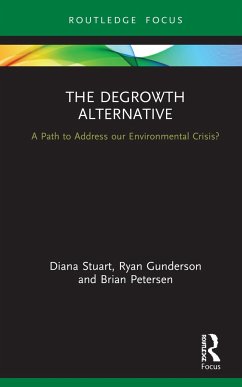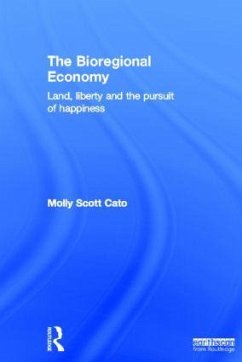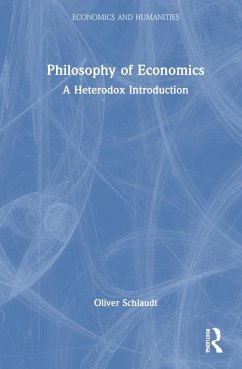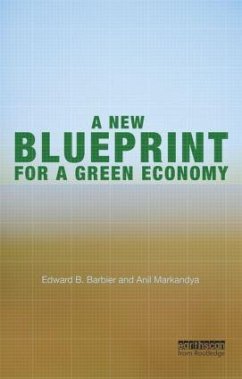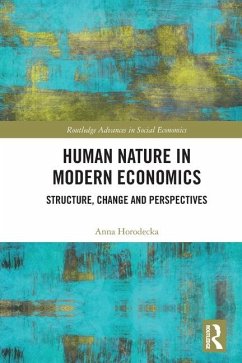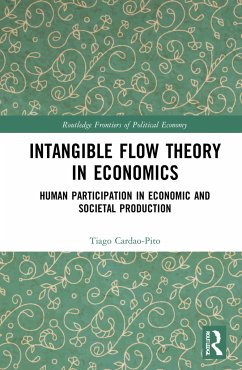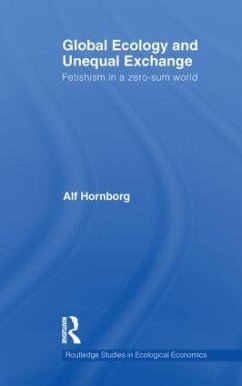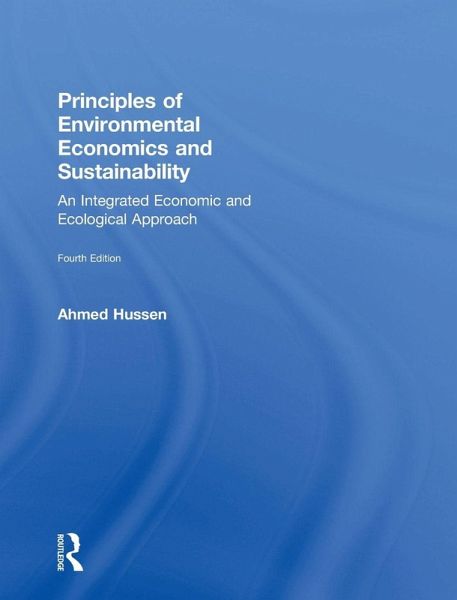
Principles of Environmental Economics and Sustainability
An Integrated Economic and Ecological Approach
Versandkostenfrei!
Versandfertig in 1-2 Wochen
179,99 €
inkl. MwSt.
Weitere Ausgaben:

PAYBACK Punkte
90 °P sammeln!
This text presents a unique integration of both mainstream and ecological approaches to environmental economics, introducing relevant mainstream economic theories and methodologies while incorporating the idea that it is essential to focus on the links between economic, social, and ecological systems.





